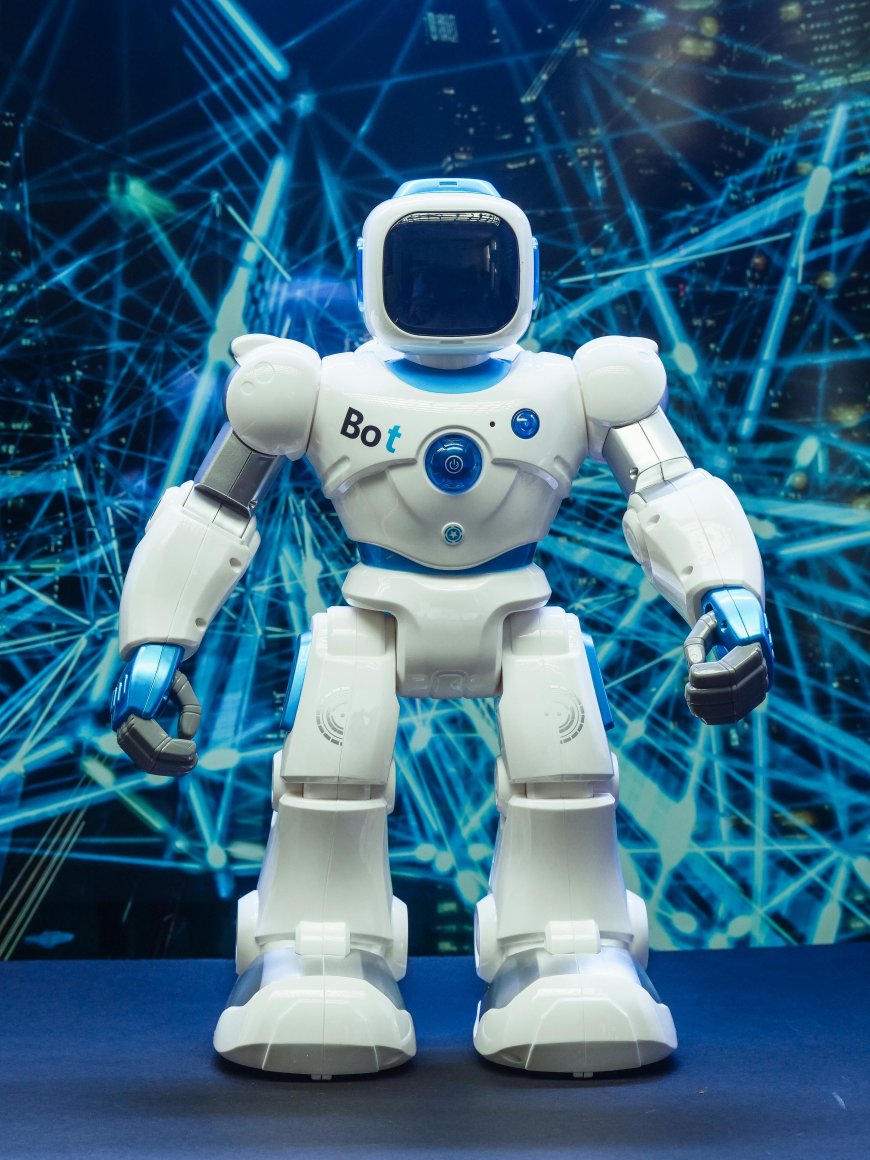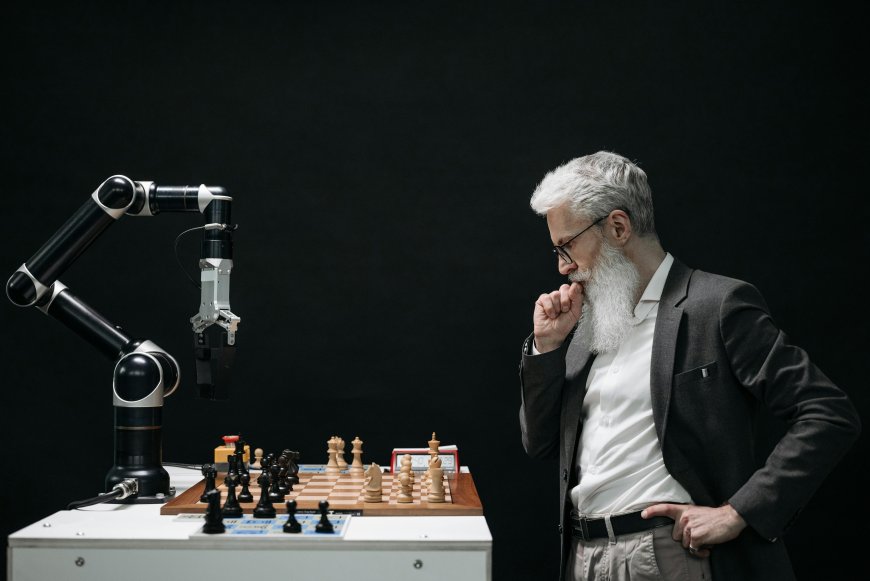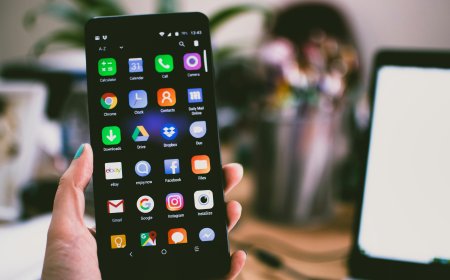Musk Invited Zuckerberg to Join xAI’s $97B OpenAI Bid
Court filings reveal Elon Musk asked Mark Zuckerberg to back xAI’s $97B bid for OpenAI, exposing a dramatic power struggle in AI.

The tech world has seen its fair share of rivalries — Jobs vs. Gates, Bezos vs. Branson, Musk vs. almost everyone. But a fresh twist revealed in court filings this week shows how far those rivalries can bend into unexpected alliances.
In early 2025, Elon Musk, the world’s richest man and founder of xAI, approached Meta CEO Mark Zuckerberg with a bold proposition: join forces in a $97.4 billion takeover of OpenAI. The disclosure emerged from a legal battle between Musk and the company he once helped create, offering a rare glimpse into the behind-the-scenes maneuvering of Silicon Valley’s most powerful leaders.
The Filing That Shook Silicon Valley
The revelation came in federal court in Northern California, where Musk is suing OpenAI over what he claims was a betrayal of its original non-profit mission. OpenAI, now the world’s most influential artificial intelligence firm, is counter-suing, arguing Musk’s accusations are driven by rivalry rather than principle.
Buried in the filings was a bombshell: Musk had approached Zuckerberg, his longtime competitor, to help finance what would have been the largest technology acquisition in history. The documents suggest Musk’s xAI pitched the deal as a way to “restore AI development to its original principles” — while also seizing control of OpenAI’s market-defining products.
A Rivalry Decades in the Making
The idea of Musk and Zuckerberg collaborating seems almost absurd given their public clashes.
- In 2016, after a SpaceX rocket explosion destroyed a Facebook satellite, Zuckerberg publicly criticized Musk’s company.
- They’ve sparred repeatedly over AI itself — Zuckerberg often advocating optimism about its potential, while Musk has warned of apocalyptic risks.
- More recently, the two traded jabs over social media dominance, with Musk’s X battling Meta’s Threads for users.
That history makes Musk’s invitation all the more intriguing. Was it a genuine attempt to bury the hatchet in the name of AI dominance — or a tactical ploy to neutralize a rival by bringing him into the fold?
Why Musk Wanted OpenAI Back
Musk co-founded OpenAI in 2015 with Sam Altman and others, envisioning it as a non-profit dedicated to developing AI safely for humanity’s benefit. By 2018, Musk departed, citing conflicts of interest with Tesla’s AI projects.
Since then, OpenAI has transformed into a juggernaut. With ChatGPT at its core, the company has attracted billions in investment, including a landmark partnership with Microsoft.
For Musk, OpenAI’s evolution represents a betrayal. He has accused the firm of becoming a “closed-source, profit-driven entity” — the opposite of its founding promise. His legal campaign, and now his attempted takeover, appear motivated by both ideological and strategic goals.
Control of OpenAI would give xAI an unprecedented foothold in the sector — merging Musk’s vast resources with the industry’s most powerful models.
Why Zuckerberg Said No
According to insiders familiar with the matter, Zuckerberg did not accept Musk’s offer.
The reasons are obvious: Meta has invested heavily in its own AI projects, pushing open-source models like LLaMA and embedding AI tools across Facebook, Instagram, and WhatsApp. Partnering with Musk would not only undermine Meta’s independence but potentially expose it to Musk’s unpredictable leadership style.
There is also personal history. Trust between the two men is minimal at best, and Zuckerberg’s public persona has increasingly diverged from Musk’s brash, confrontational approach.
Still, the very fact that Musk asked highlights how seriously he took the idea of regaining influence over OpenAI — even if it meant approaching a sworn rival.

The Billion-Dollar Question
Why $97.4 billion? Analysts say the figure reflects both OpenAI’s skyrocketing valuation and the urgency Musk felt to act before the company grows beyond reach.
For context:
- Microsoft has invested more than $13 billion in OpenAI.
- OpenAI’s valuation is estimated north of $100 billion, making it one of the most valuable private companies on earth.
- A takeover of that scale would eclipse nearly every tech deal in history, including Facebook’s $19 billion purchase of WhatsApp and Microsoft’s $69 billion acquisition of Activision Blizzard.
The filing does not indicate how close Musk came to assembling such financing, but the scope of the bid reveals his ambition to reshape the industry — not just compete in it.
A Story of Ego, Vision, and Power
Behind the numbers lies a very human story of ambition and rivalry. Musk and Zuckerberg are not just CEOs; they are symbols of competing visions for technology’s future.
- Musk frames AI as an existential risk that must be tightly controlled.
- Zuckerberg casts it as a democratizing tool, best advanced through open access.
When Musk reached out, he was not just making a financial pitch — he was testing whether Zuckerberg would align, however briefly, with his worldview. The rejection underscores how personal differences and ideological divides can shape the trajectory of entire industries.
The Legal War Ahead
As the lawsuit grinds forward, both Musk and OpenAI face heightened scrutiny. Judges have allowed OpenAI to pursue counterclaims against Musk, potentially exposing his business tactics and financial maneuvers to further public view.
For xAI, the case doubles as a stage. Even if Musk never takes control of OpenAI, the legal drama keeps his name at the center of the AI conversation — positioning xAI as a challenger to OpenAI, Google DeepMind, and Meta’s research labs.
The court filings suggest the case could stretch well into 2026, ensuring that the clash between Musk and OpenAI will shape headlines for years.
What This Means for AI’s Future
The Musk-Zuckerberg episode is more than a courtroom sideshow. It illustrates the stakes of the AI revolution: who controls the most powerful technology of our time, and on what terms.
If Musk had succeeded in buying OpenAI, the AI landscape would look radically different — potentially consolidating influence in one of the world’s most polarizing entrepreneurs. Instead, the rejection keeps the race fragmented, with multiple giants vying for dominance.
For consumers and businesses in the U.S., UK, Canada, and Australia, the outcome matters because AI is no longer confined to labs. It is embedded in healthcare, education, banking, and defense. The direction these companies take will shape everyday life.
Conclusion: A Battle Far From Over
The revelation that Elon Musk invited Mark Zuckerberg to join his bid for OpenAI reads like the plot of a tech thriller: two bitter rivals, one historic deal, and a clash of egos too large to fit in the same room.
Zuckerberg said no, but the attempt itself signals Musk’s determination to bend the AI narrative to his vision. With court battles looming and valuations soaring, the fight for control of artificial intelligence is only just beginning.
Whether Musk ever regains influence over OpenAI is uncertain. What is certain is that the drama surrounding him ensures AI’s future will be as much about personalities and power struggles as about algorithms and code.
FAQs
1. Did Elon Musk really ask Zuckerberg to join xAI’s bid for OpenAI?
Yes. Court filings confirm Musk approached Zuckerberg to help finance a $97.4 billion takeover.
2. Why would Musk want to buy OpenAI?
Musk argues OpenAI abandoned its non-profit mission. Gaining control would let him redirect its work toward his vision of safe AI.
3. Why did Zuckerberg decline?
Meta is developing its own AI systems and had little incentive to support Musk’s takeover, especially given their rivalry.
4. Could such a takeover even succeed?
It would have been extremely difficult. OpenAI’s partnership with Microsoft and its high valuation make any buyout highly complex.
5. What happens next in Musk’s lawsuit?
The case continues in federal court, with OpenAI pursuing counterclaims. It could drag on for years, keeping the dispute in the spotlight.
What's Your Reaction?
 Like
0
Like
0
 Dislike
0
Dislike
0
 Love
0
Love
0
 Funny
0
Funny
0
 Angry
0
Angry
0
 Sad
0
Sad
0
 Wow
0
Wow
0






































































